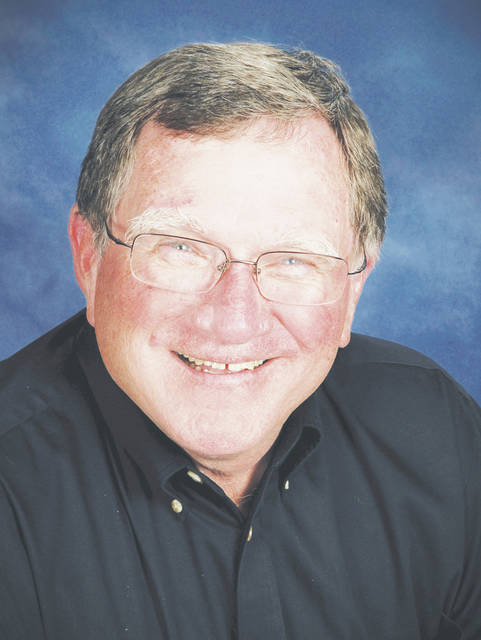
Misunderstanding what someone says is common. Selecting the wrong word when speaking or writing happens far too often. Feeling confused after listening to someone speak or after reading a report happens every day.
Over my career, I have engaged in plenty of public speaking. I am now entering my seventh year of writing a weekly column for the Wilmington News Journal. You can be absolutely certain that I’ve misspoken many times and I am dead-sure that I have confused my readers from time to time. It happens.
Words are important. Words should be selected carefully.
Debbie and I used to spend a portion of every June at a resort in the Bahamas. The resort is named the Stella Maris Inn. That can be interpreted to mean Star of the Sea. It is an absolutely beautiful inn that sits on a bluff overlooking the Atlantic Ocean. It is an almost perfect vacation spot.
The inn is in the southern part of the Bahamas on a remote island, named Long Island. The southern islands of the Bahamas often referred to as the friendly islands. They are remote, somewhat difficult to get to and the people who live and work there are warm and hospitable.
When I first started traveling to Stella Maris, I didn’t quite understand just how remote the island was. There is a landing strip near the inn. To call it an airport would be extravagant.
The first time I landed on the little airstrip I was amazed that the wings of the aircraft extended over the scrub brush that lined the rough pavement that was the runway. As the plane taxied toward the little shed that doubled as an immigration office, I saw goats grazing right where we had landed. When grass is scarce, goats will graze anywhere.
At the inn, the electrical generator only provided power in the evening and at night. That gave us air conditioning when it was needed most. There was no TV. Communications were by radio-telephone only.
The easiest way to get on and off the island was to arrange air travel with the owners of the inn. They have their own aircraft and they often contract with other pilots to transport guests. I’ve always enjoyed the flights. Debbie has never enjoyed any flight.
One year, we had about 12 people in our group. The scuba diving had been great. The weather – perfect.
We were ready to fly back to Fort Lauderdale. Jorge, one of the owners, was going to fly seven people in his plane. He arranged for his friend, Daniel, to take the rest of us.
I climbed into the co-pilot’s seat beside Daniel. Debbie sat directly behind him. Daniel gave me a set of earphones, so I could listen in on the radio communications. I also had a great view of the plane’s instrument panel, including the weather radar.
The weather was perfect until we passed over Andros Island. As we approached the area known as the straits of Florida, I could see dark clouds from horizon to horizon. The radar showed dense storm clouds. Over the radio, I heard Jorge and Daniel talking about the storm.
Jorge said, “I’m going to head back to Nassau and wait this out.”
Daniel said he thought he might be able to fly under the storm. We had been flying at about 8,000 feet. Daniel told Jorge, “I’m going to drop her down to about 1,000 feet. If it’s clear, I’m going to continue on.”
When a pilot wants to change altitude from 8,000 feet to 1,000 feet, they don’t normally fly downward at a steep angle. They turn and fly in circles as they descend lower and lower. As Daniel started his banking turn, I glanced back at Debbie.
Debbie is a “white-knuckled flyer” on the best of occasions. As Daniel started his first full turn, Debbie had a death-grip on the arms of her seat. She wasn’t screaming yet, but her mouth was open. Her eyes were also wide open. Fear filled her face.
I had to shout for her to hear me over the roar of the engine. I said the first thing that came to my mind. “It’s OK, honey. We’re just going down.”
Immediately, I knew I should have been more specific.
As her scream started to form, I said, “No. No. No. Not all the way down. Just low enough to get under the storm.” My explanation came a little too late. I was in trouble.
Whether giving a speech to several hundred people or trying to explain what the pilot is doing, clarity is always vital. Words should be selected carefully.
Misunderstandings can get you into a planeful of trouble.
Randy Riley is former Mayor of Wilmington and former Clinton County Commissioner.


